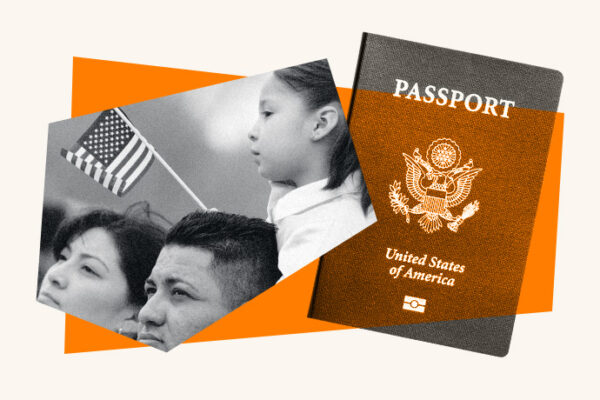Being stopped by police is a stressful experience that can go bad quickly. Here we describe what the law requires and also offer strategies for handling police encounters. We want to be clear: The burden of de-escalation does not fall on private citizens — it falls on police officers. However, you cannot assume officers will behave in a way that protects your safety or that they will respect your rights even after you assert them. You may be able to reduce risk to yourself by staying calm and not exhibiting hostility toward the officers. The truth is that there are situations where people have done everything they could to put an officer at ease, yet still ended up injured or killed.
Stay Informed
Sign up to be the first to hear about how to take action.
By completing this form, I agree to receive occasional emails per the terms of the ACLU’s privacy statement.
By completing this form, I agree to receive occasional emails per the terms of the ACLU’s privacy statement.


